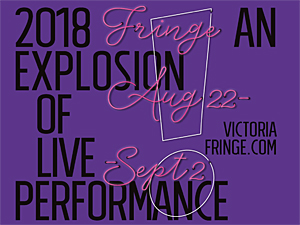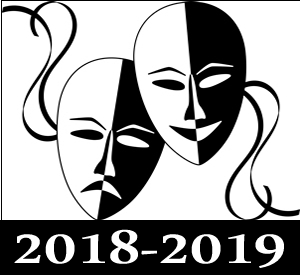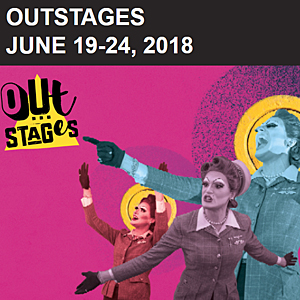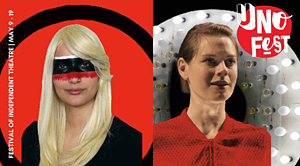When Camosun College announced recent program cuts, one casualty was the Applied Communication Program, which has, since 1972, trained thousands of communications and communications industry professionals. Graduates of the program work in every communications and media field, and are present in every major media outlet in Victoria BC (and well beyond).
One such graduate is Amanda Farrell- Low (class 32). Here is her open letter concerning the cuts.
Please note – I have Amanda’s permission to post this letter to my blog.
To the Camosun College Board of Governors and Advanced Education Minister Naomi Yamamoto,
My name is Amanda Farrell-Low. I graduated from the Applied Communication Program at Camosun in December, 2005. Since then, I have worked in student media, at the Victoria Times Colonist, and at Monday Magazine, Victoria’s alt-weekly paper, where I held the Arts Editor position for nearly five years. I’ve spoken at conferences, taught workshops, and had work published in national and international newspapers and magazines. I also had the opportunity to serve as one of 11 journalists on the grand jury for the Polaris Music Prize, a prestigious Canadian music award, in 2010.
I write these things not to brag about my accomplishments; in fact, I consider my achievements to be minor compared to what some of my fellow classmates and other ACP alumni have managed to do in their careers. I know ACP grads who have started wildly successful businesses, who work for internationally recognized artists and musicians, who have organized widely acclaimed conferences and festivals, who have become politicians—and that is just people here in Victoria. I write this because, without my time at Camosun, I wouldn’t be where I am today. The Applied Communication Program was a practical, affordable education experience that allowed me to discover what I was good at, and to develop skills that made me highly employable. My work at student media outlets such as Village 900 and Nexus Newspaper gave me job experience I couldn’t have gotten anywhere else. Like many entering ACP, I started the program knowing I was a communicator, but not knowing exactly what I wanted to do. Through small class sizes, quality instruction, and access to a wide range of up-to-date software and equipment, ACP taught me not only the skills I needed, but also the value of teamwork and the ability to recognize other peoples’ strengths and complement them with my own.
Throughout my career, I have proudly waved the ACP flag. I have included reference to the program in bios and recommended it to many friends looking for a versatile, hands-on program in communications and beyond. I have taken time out of my busy schedule to return to Camosun more than once to speak to students as well as help with co-operative education initiatives for nothing more than a pen and a thank-you note because I value the experience I had there so greatly. Most other graduates I know feel the same way.
I have encountered ACP grads in all kinds of situations and jobs outside of the traditional media and communications positions. Currently, I work for a startup tech company in Victoria. Our office is housed in the new offices of ViaTec, a non-profit organization dedicated to supporting Victoria’s growing tech industry, which is a $2 billion industry locally. There are maybe 20 people working in this office; three of us are Applied Communication graduates. To me, this demonstrates that ACP is more than a hands-on communications program; it creates graduates that are highly employable, have a wide range of skills, and are on the cutting edge.
I understand that Camosun College is facing a dismal budget situation and needs to cut somewhere, although I have been told that the cost per student and the ratio of tuition to cost per student for ACP is virtually the same as any other program at Camosun. I also know that changing to keep pace with a rapidly evolving field such as media and communications is absolutely essential. But I urge the college to find a way to keep this valuable program alive, even if it is in a new, reimagined format — and not make it prohibitively expensive and out of reach for the wide range of creative and critical thinkers who are looking to learn the tools and strategies they need to change the world.
I urge you all to come to ACP’s Playback ceremony on April 13. Here, graduating students will present their final projects. You can get a sense of just how talented these people are, and how valuable this program is. I hope to see you there.
Sincerely,
Amanda Farrell-Low
Class 32
Disclaimer: I (Janis) am not a disinterested party. My son graduated from the program in 2006. I’ve met and worked with many ACP graduates particularly in my community volunteer and social media roles. In 2011 I was asked to sit on the advisory board for ACP.





[…] Open Letter from an ACP Alumni, Amanda Farrell-Low – so well written! […]